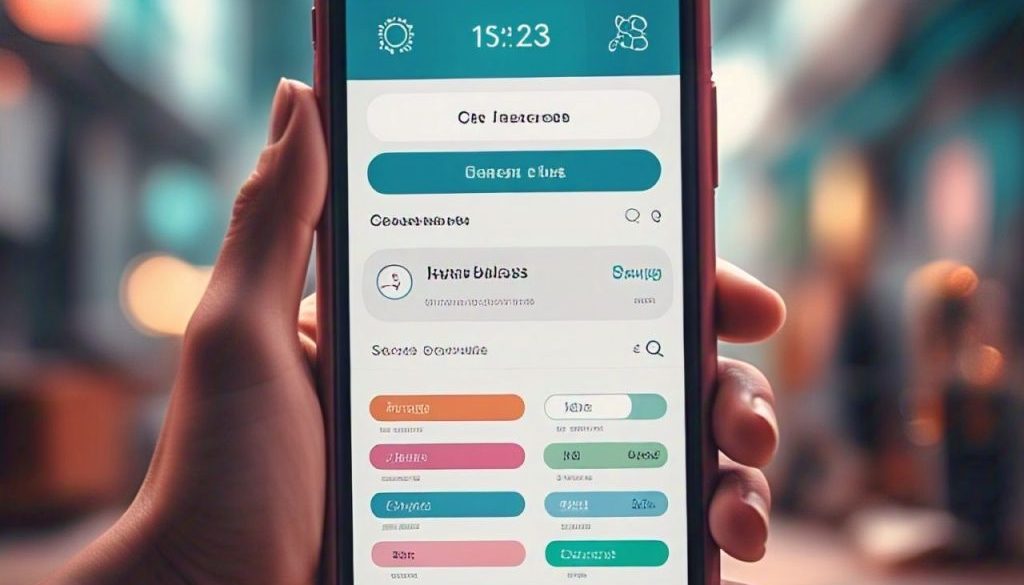The Ethics of Mental Health Apps
The increasing demand for mental health services has led to the development of numerous mental health apps. These apps offer a range of tools and resources, from mood tracking and meditation exercises to cognitive-behavioral therapy and peer support. While mental health apps have the potential to improve access to care and support, they also raise important ethical considerations.
Confidentiality and Data Protection
Mental health apps often collect sensitive and personal information, including mental health history, treatment plans, and personal identifiers. This raises concerns about confidentiality and data protection. App developers must ensure that they comply with relevant data protection regulations, such as the Health Insurance Portability and Accountability Act (HIPAA) in the United States.
Informed Consent
Mental health apps often require users to provide informed consent before using the app. However, the process of obtaining informed consent can be complex, particularly in cases where users may not have the capacity to provide informed consent. App developers must ensure that they provide clear and concise information about the app’s purpose, risks, and benefits, and that users understand what they are consenting to.
Clinical Validation and Effectiveness
Many mental health apps claim to be evidence-based, but the quality and validity of the evidence can vary widely. App developers must ensure that their apps are clinically validated and effective in achieving their intended outcomes. This may involve conducting randomized controlled trials or other forms of research to demonstrate the app’s efficacy.
Transparency and Accountability
Mental health apps often operate outside of traditional healthcare systems, which can make it difficult to hold them accountable for their actions. App developers must be transparent about their methods, data collection practices, and business models. They must also be accountable for any harm or adverse effects that their apps may cause.
Cultural Sensitivity and Accessibility
Mental health apps must be culturally sensitive and accessible to diverse populations. This may involve providing language support, cultural adaptations, and accommodations for users with disabilities. App developers must also ensure that their apps are free from bias and stereotypes.
Commercialization and Exploitation
The mental health app market is rapidly growing, and there is a risk that some apps may prioritize commercial interests over user well-being. App developers must avoid exploiting users’ personal data or mental health struggles for financial gain.
Conclusion
Mental health apps have the potential to improve access to care and support, but they also raise important ethical considerations. App developers must prioritize confidentiality, informed consent, clinical validation, transparency, cultural sensitivity, and accountability. By doing so, they can ensure that their apps are safe, effective, and respectful of users’ rights and dignity.



